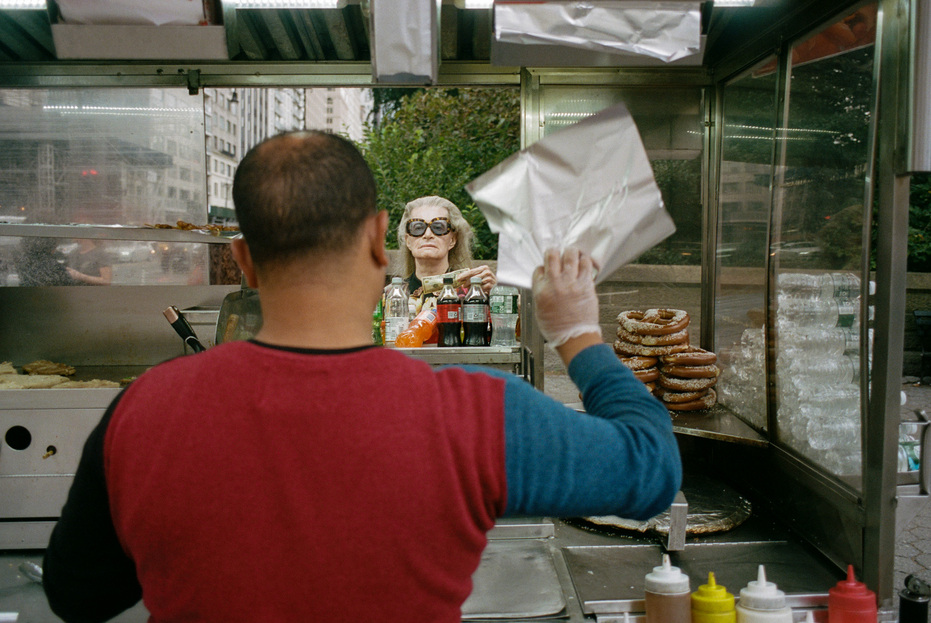
Daniel Arnold and Z. Susskind’s meet-cute took place in the most caffeinated of terrains: a breakfast joint. “He is a great server of breakfast,” Arnold guarantees over Zoom. “He was coming in a lot, and I mentioned that I really liked his work,” Susskind cuts in. “It’s kind of amazing to see that somebody who’s relatively private is creating a record that people feel validates their experience living in the city.” Private though he may be, over the past decade Arnold has become a beloved and deeply human visual storyteller of the emotional topography that is New York. He didn’t have to look far to name his new show at New York Life Gallery, on view through Dec. 22; he just resurfaced what was already there, calling it “New York Life.” “It's like a Daniel Arnold photograph in and of itself,” comments Susskind. The breakfast dealer, who chose to forego name dropping his spot, is also a sculptor. He’s in the midst of preparing his first solo show with Entrance gallery this December. To honor both milestones, the duo sat down to talk about their analog approaches, staying enchanted, and why New York is immune to downfall.
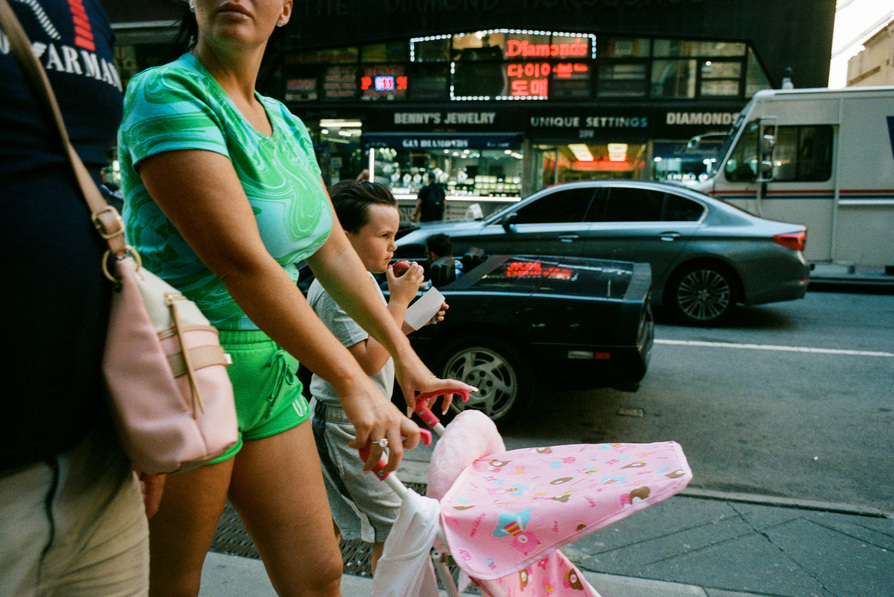
CULTURED: I know you don’t want to mention the name of the place where you work, Z. But could you speak a bit about its environment and how it plays into the greater New York story? And Daniel, what's it like to participate in that environment?
Z. Susskind: It’s why I get up in the morning. This spot is a remnant of a very familiar, ritualistic way of experiencing the city. It still is a place where people are crossing paths and connecting in a very analog type of way. In contrast to Los Angeles, it feels very pedestrian. Daniel and I bump into each other on the street sometimes, and we walk around together and I see and can kinda feel how he recognizes certain essences and pauses and gets stuff that might escape me. It’s very clear in his work and in the way he moves around the city that he’s very much in search of authenticity—where the real city is.
Daniel Arnold: New York always gets digested in the format of lore and “scenes” and locations. The truth of the city, the untouchable thing, is the people. That's why the city is immune to all the downfalls of culture, to all of the invasions of money, all of the cheapening of mythology. The big picture is not the story. It’s one-on-one; it’s community.
CULTURED: Two words that really stuck out to me in what you said, Z, are analog and pedestrian.
Arnold: Our autobiographies will both be called Analog Pedestrian.
Susskind: What’s so effective about Daniel’s work is it puts you in a position where you might think you get the punch line or you might think that he’s pointing a finger, but it forces you to grapple with yourself for a second and meditate a moment longer. You realize that there are more layers to the vignettes that he's sharing. There’s more unpeeling of the scene that he’s shining a light on. It's an opportunity for you to kind of open up and be honest with yourself.
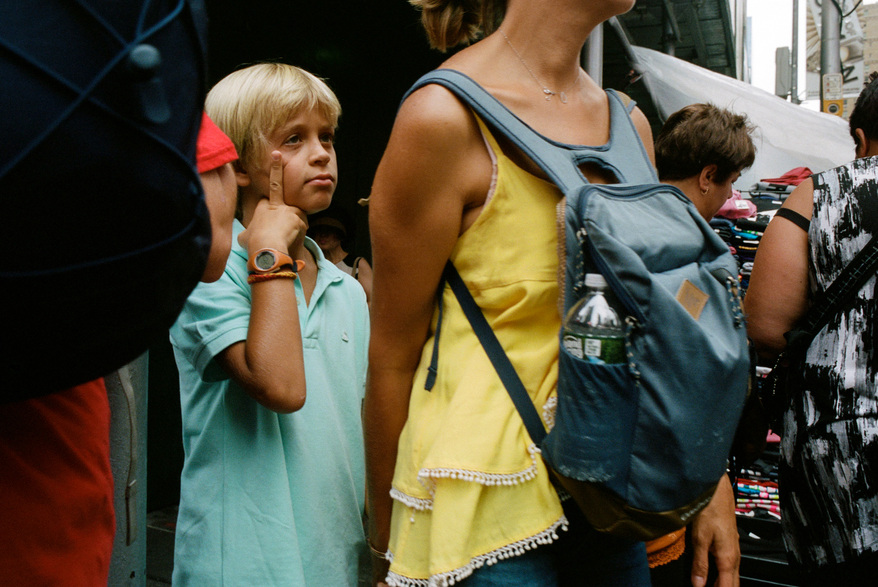
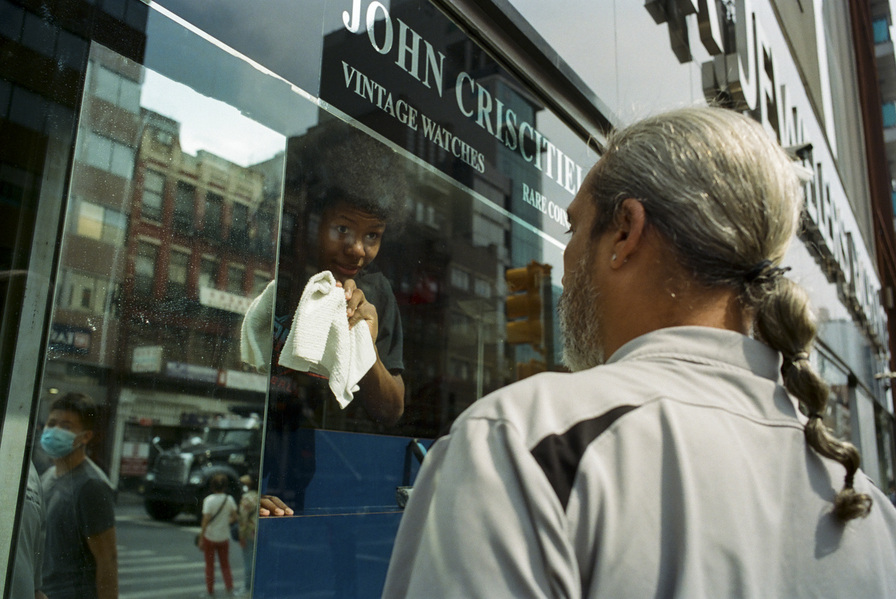
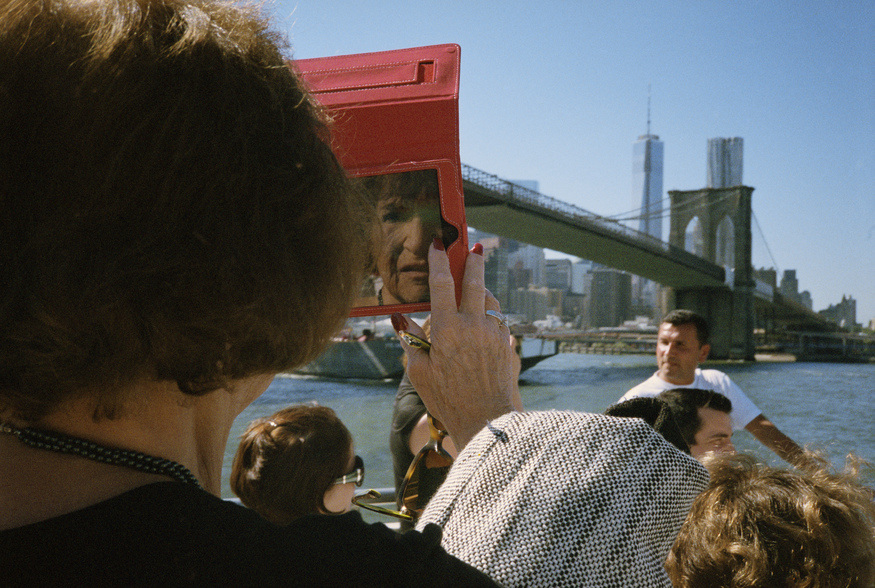
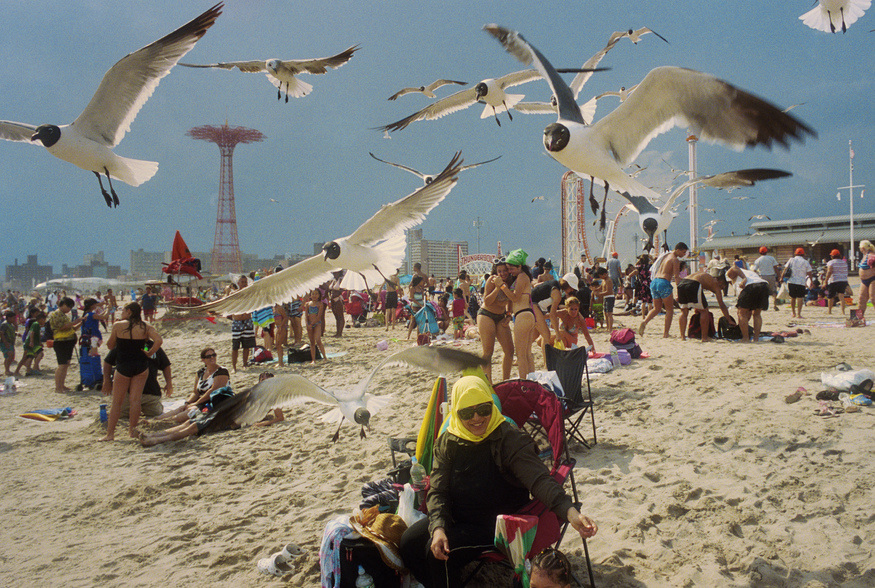
CULTURED: It feels like a way to resist immediacy. How do you think about resisting an easy conclusion in your work?
Arnold: That is so our intersection. Something we also have in common is that we’ve been the desirous young, fiery New York man. We have wanted cheap things, no matter how sophisticated a language we built around them. We both have been offered those rewards, and I think both of us have had the reaction of being like, “I need to take a big step away from this.” I don't think either of us is necessarily working for an audience at all. Our work doesn't need a committee to prove that it's worthwhile because we've both been at it long enough that you see what having a self-feeding, private practice does to your relationship with the world and the way that your mind works. It beats the hell out of any of the cheap rewards of New York ambition.
Susskind: There’s a degree of distraction that comes from enough people starting to catch on to what you're doing.
Arnold: I see your distraction and raise it to corruption.
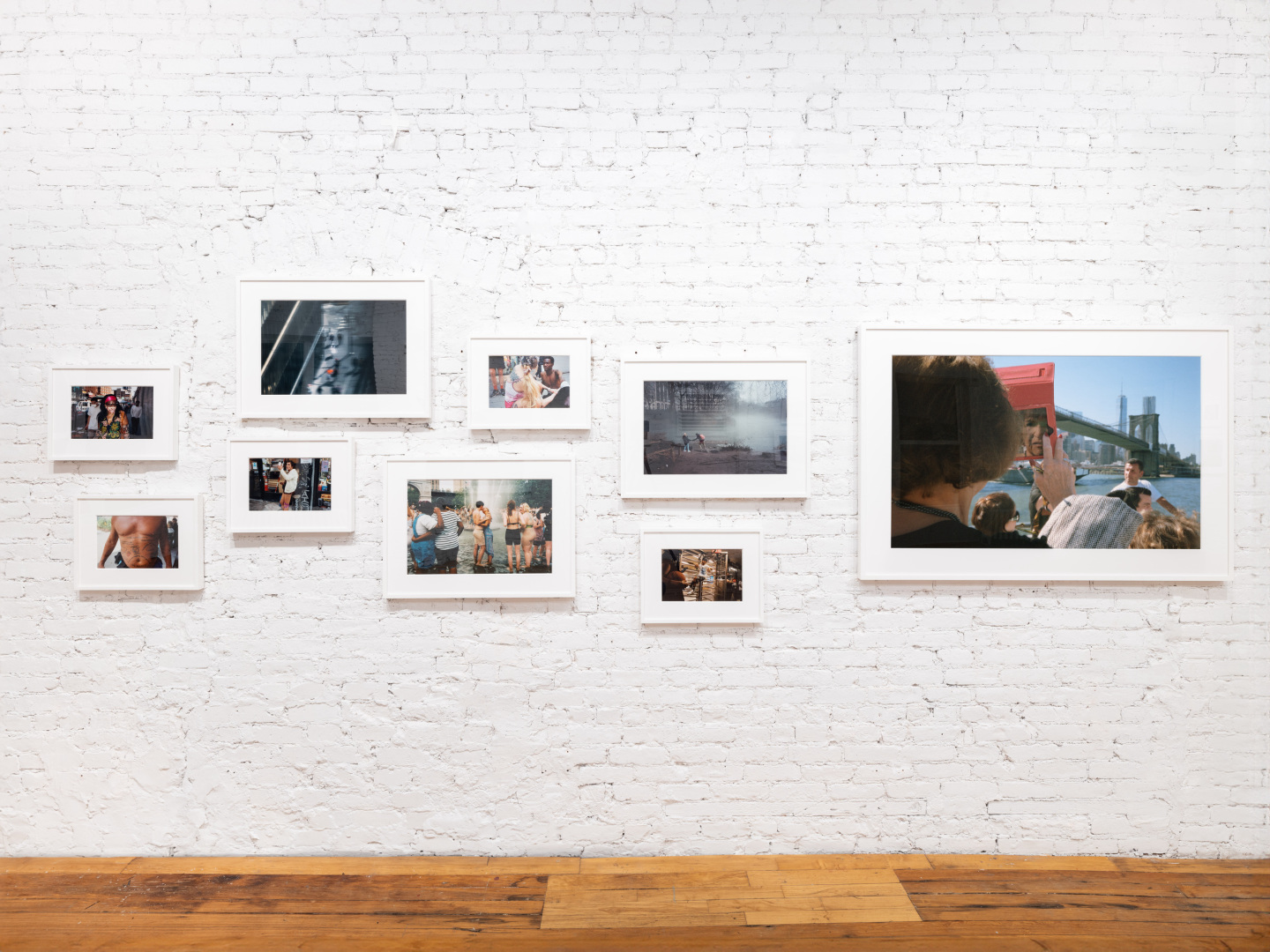
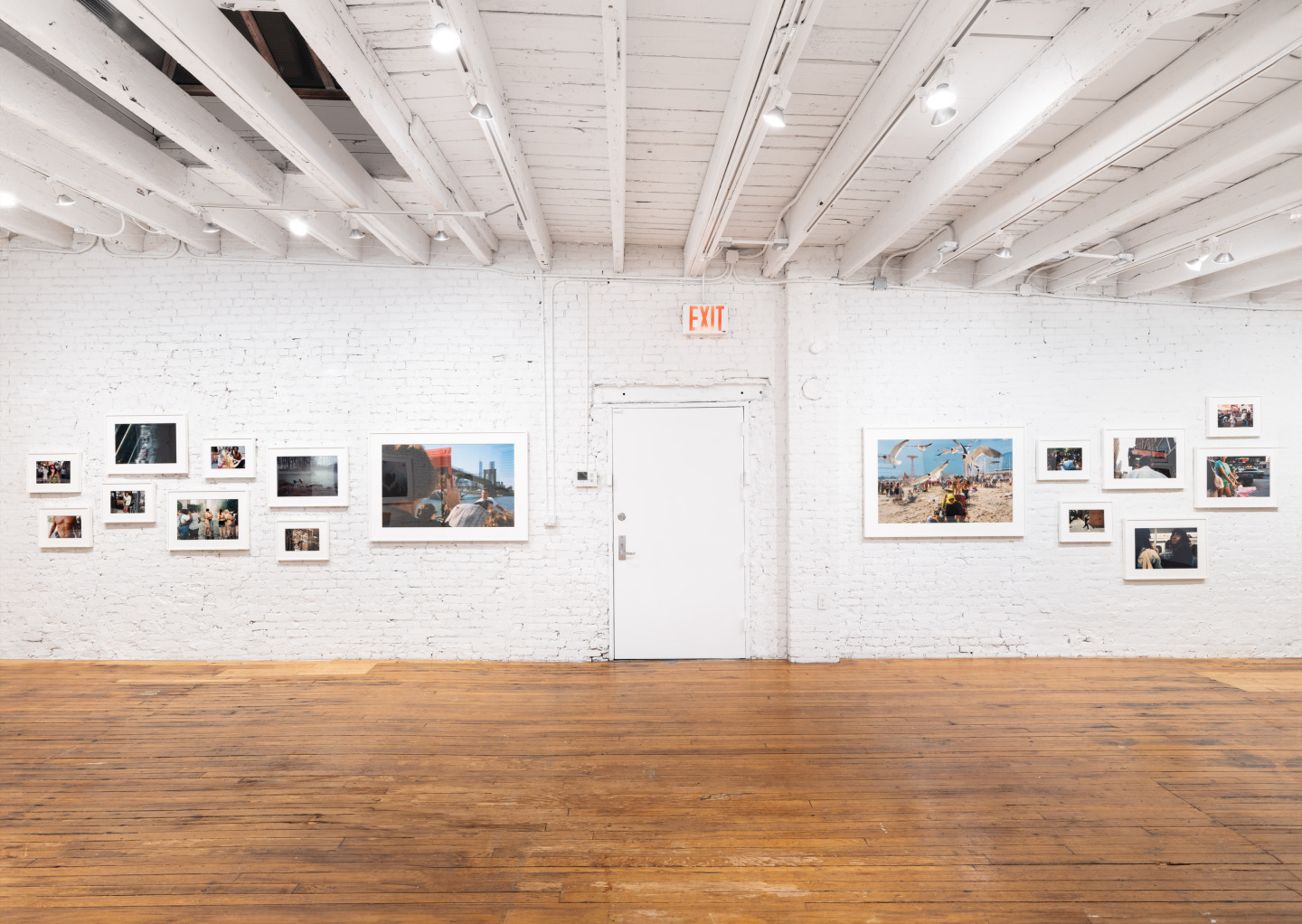
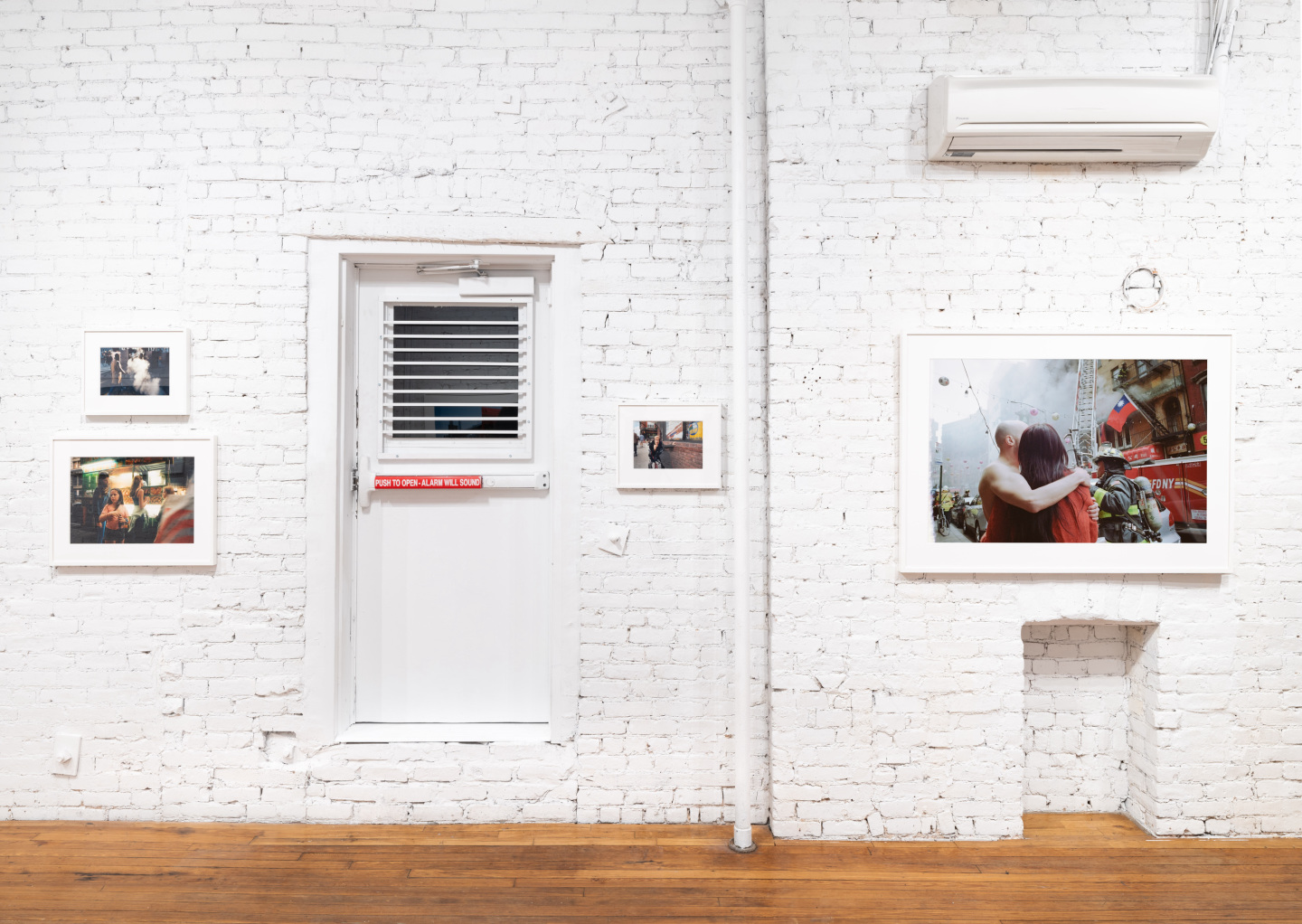
Susskind: All those terms are fair. We're lucky because we have been able to tap into the kind of magic that exists around us where we can go outside and be in a fantasy land. It's not always totally optimistic or even pleasant, but we have that special thing that allows us to tap into a kind of mystery in the world around us. That’s a sacred thing. Once you start to feel so pumped about yourself, it clouds your vision a little bit. It distracts you from keeping low and seeing what's going on on the ground level where so much can be gleaned from. It's just such a privilege to be in New York. I never lose sight of that. I've been here 18 years. It's been a long run as well and I feel like to lose my sort of relationship with the mystique in what's going on on the street level would be kind of tragic. Preserving that is almost survival.
Arnold: There is this sort of crossroads at the establishment of a New York name. You make a name for yourself, and you can stop and celebrate and let that be your identity. My experience of it has been that it's this great disguise. The story of Daniel Arnold can be out there. I don't even have to do anything to support it. I work just as much as I ever did, but I don't support the story of Daniel Arnold in any material way anymore. Maybe this will be my undoing, but for now I am able to lurk behind that name and stay as scrappy and interested and curious. I'm still in the cave, working it out.
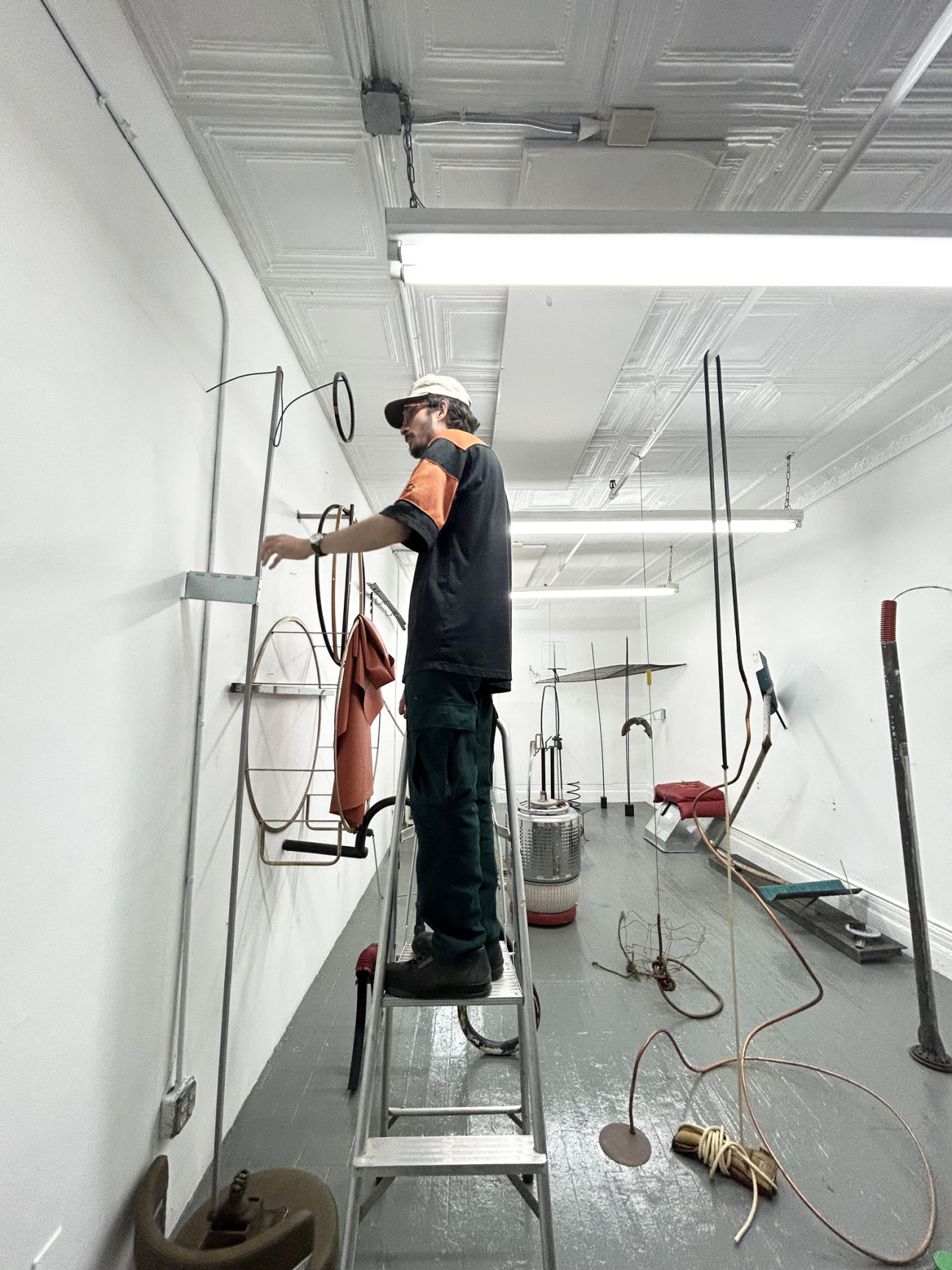
CULTURED: What you’re both saying about New York’s magic though, is making me think about staying enchanted with a place. Along those lines, how has New York surprised you recently?
Arnold: The heart of my relationship with the city is creating opportunities all day, every day to be surprised. The way I work is trying to be this sort of relentless, mindless conduit. To work in a way that is kind of anti-technical, just point the camera where I think it should be and not look and hope it's in focus and hope the exposure is right.
Susskind: I always try to stay unjaded. And of course, it's a hard place to live, and an expensive place to live, and competitive and ruthless in every way. But I'm amazed at how people will complain out loud constantly about how expensive everything is. Often I feel like I'm surrounded by seemingly affluent people, or people who seemingly life is treating well. They’re attractive, they have style, there's upward mobility for them. They have the freedom and leisure to be able to go out and eat in the middle of the day. Or just how automatic it is that people need to convey themselves from point A to point B, and they just open their phone and call a car. That obviously used to never even be a possibility in New York. The resistance that people seem to have for using the city and all that the city has to offer in terms of accessibility, whether it's public transportation or walking…
When I’m outside, I'm taking advantage of what this city has to offer. Because so many people do get by in this city and do survive in this city and are able to afford to live in this city and are able to utilize the city and be so crafty. And I'm not just talking about hopping turnstiles. I’m talking about people really getting the city to work for them. It’s a very beautiful and amazing thing, to be privy to how the city is a really generous place.
Arnold: As I listen to you talk, the first image that pops into my head is my neighbors who go down to the East River at six in the morning with fishing poles and pull food and income out of the East River just because they bothered to go over there. They're not making a killing, but they have a clothesline outside their window that's strung with fish instead of underwear. It’s such an inspiring, important thing to be aware of. I feel so connected to that relationship with the city. For all the mythological difficulty of this place, which does find a way to kick your ass, it can still be done. It’s all here.
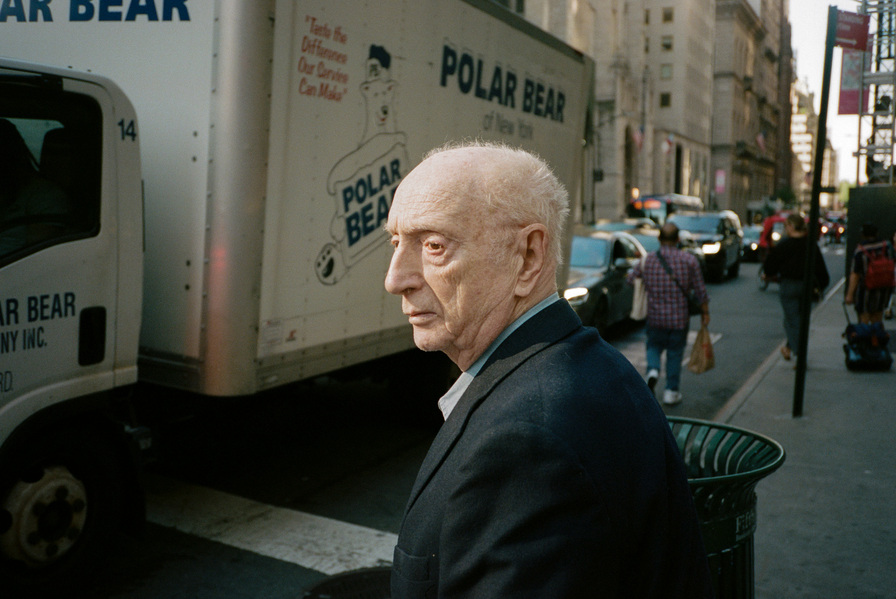
CULTURED: Can you talk about the elements of the city that you're channeling into the work that's gonna be on view in both of your respective shows?
Arnold: It's a show that I would not have made myself and that I could not have made myself. The way that this show came to be is that my lovely neighbor Ethan James Green expressed interest in what I was doing. I didn't think twice. The show results from the conversation between me and Ethan and me handing Ethan the keys and asking him what he sees. It ends up functioning the same way one of the photos does in that I create an opportunity for serendipity.
Susskind: My show is a continuation of these exhibitions that I've done on my own over the past couple of years that are also thinking a lot about this enchantment with New York. This idea of looking from an aspirational distance at the city with a withdrawn perspective. Then reconciling that with really being on the ground level looking at the pavement and searching for crumbs that have fallen off the table. I'm showcasing the sculptures as artifacts. It's gathering these disparate components and engaging them in these scenes of accommodation where they kind of tease out a behavior in each other that might not have anything to do with their intended purpose.
CULTURED: How have you sustained your practice and dialogue with the city over 18 and 20 years of living here, respectively?
Susskind: In some ways, it is like an old person’s game. We're not professional athletes; it's not like we're looking at our 20s as the golden age and then needing to start thinking about career modification after that. The potential for us to continue to do what we're doing all the way to the end and potentially grow and improve is special. It seems like often we're surrounded by people who are racing, and I feel like we’re not really in a rush.
Arnold: I think I'm already to the point where the photos themselves are kind of disposable in a way. I want them to be true to me. What has taken over as the source of energy and commitment is this paradoxical education where the deeper I get into it, the less I know. It's really just like this long-term relationship with my gut. I'm not continuing for the sake of making work necessarily, I'm continuing for the sake of learning how to be in the world. Photography just comes along with me no matter what I'm doing or where I go.
"Daniel Arnold: New York Life" is on view through December 22, 2023 at New York Life Gallery in New York.

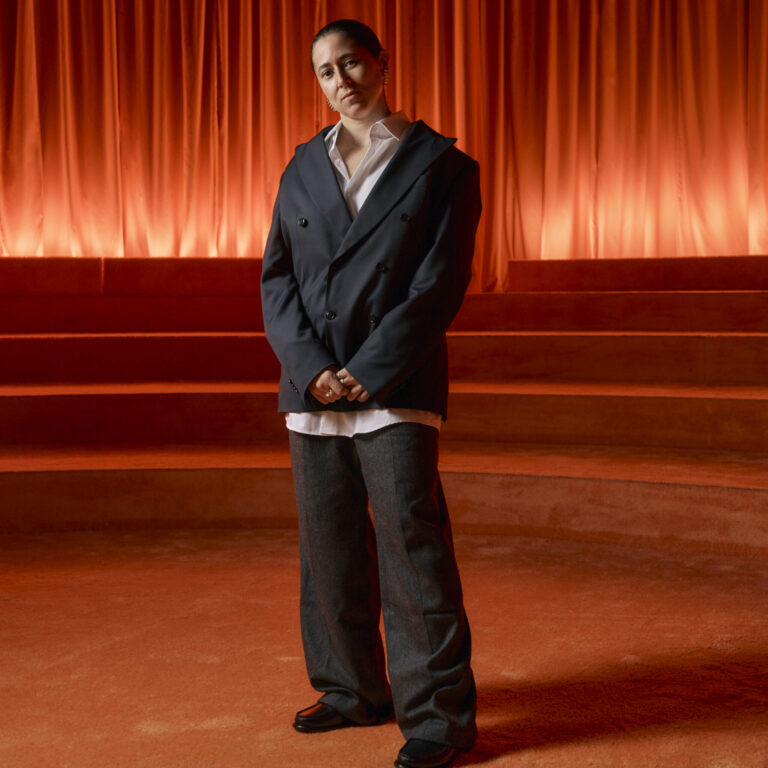
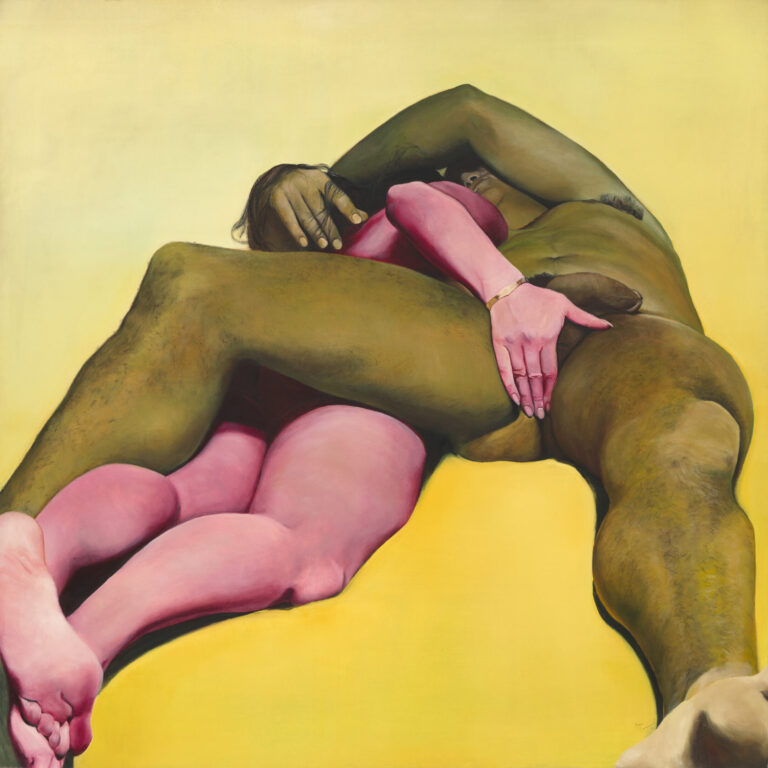
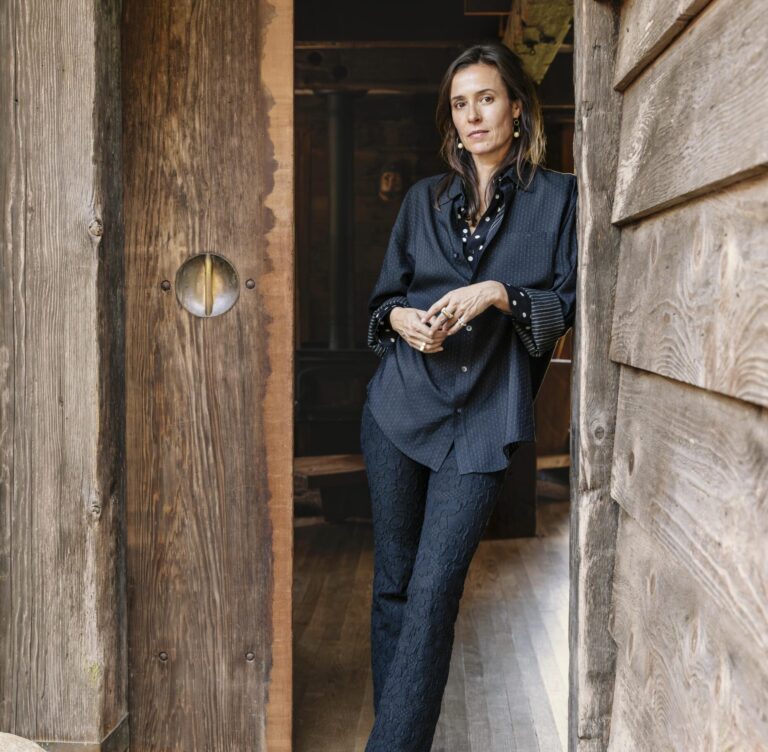
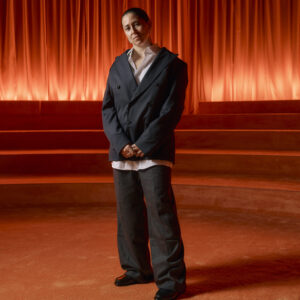
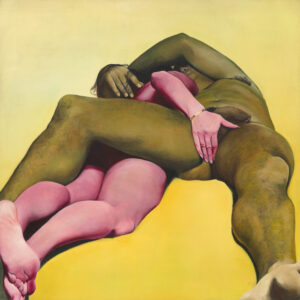
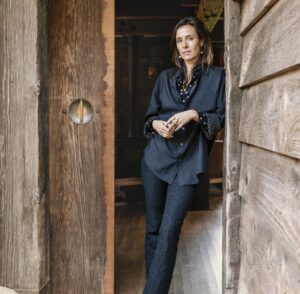



 in your life?
in your life?

